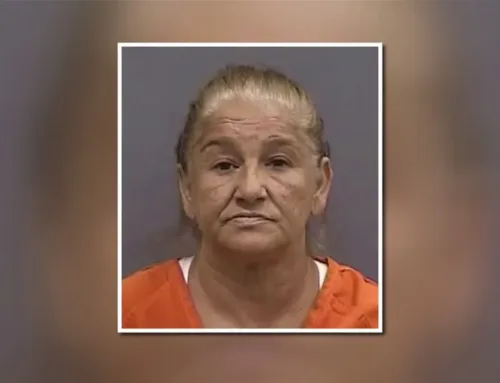Dave Naylor
June 24, 2021
-Western Standard
The Liberals are at it again, trying to censor even more Internet users, says Blacklock’s Reporter.
Internet publishers, bloggers, Facebook and Twitter users face house arrest or $70,000 fines under an unprecedented censorship bill introduced late Wednesday by cabinet.
“Self-regulation is not enough,” said Heritage Minister Steven Guilbeault.
“We have to use as many tools as possible to deal with this. There is no silver bullet to deal with this.”
Guilbeault said the bill was meant to promote “a safe and inclusive online environment, an environment that protects everyone,” adding: “You can never come up with a perfect piece of legislation.”
Cabinet introduced the bill at 4:46 pm Eastern. The Commons 27 minutes later adjourned for a three-month recess. Guilbeault said the cabinet would accept public comments prior to Parliament’s scheduled return on September 30.
The bill states: “It is a discriminatory practice to communicate or cause to be communicated hate speech by means of the Internet or other means of telecommunications in a context in which the hate speech is likely to foment detestation or vilification of an individual or group of individuals on the basis of a prohibited ground of discrimination.”
Parliament in 1970 banned hate speech under the Criminal Code, but Bill C-36 would further amend the Code to allow house arrest, electronic monitoring or jail for anyone suspected “on reasonable grounds” of thinking they might commit “an offence motivated by bias, prejudiceor hate” based on their Internet writings regardless of whether they are convicted of a crime.
The bill defines hate as “the emotion that involves detestation or vilification that is stronger than dislike or disdain,” but exempted internet speech that “discredits, humiliates, hurts or offends” people.
The Ontario Civil Liberties Association (OCLA) on seeing a draft of the proposal last July 30 called it an “extreme power.
“This is an astounding proposal to extend the reach of an unjust law,” said the OCLA, calling it “a law that grossly violates the fundamental human right of freedom of expression.”
“Criminal conduct in this case is speech in which no actual harm to any specific person needs to be proven by the state, nor does the anticipated ‘criminal’ speech involve incitement of a crime, but rather incitement of ‘hatred,’ an emotion which is not in itself a crime,” wrote the OCLA.
CLICK HERE TO SUBSCRIBE TO THE WESTERN STANDARD, AND READ THE FULL STORY.




